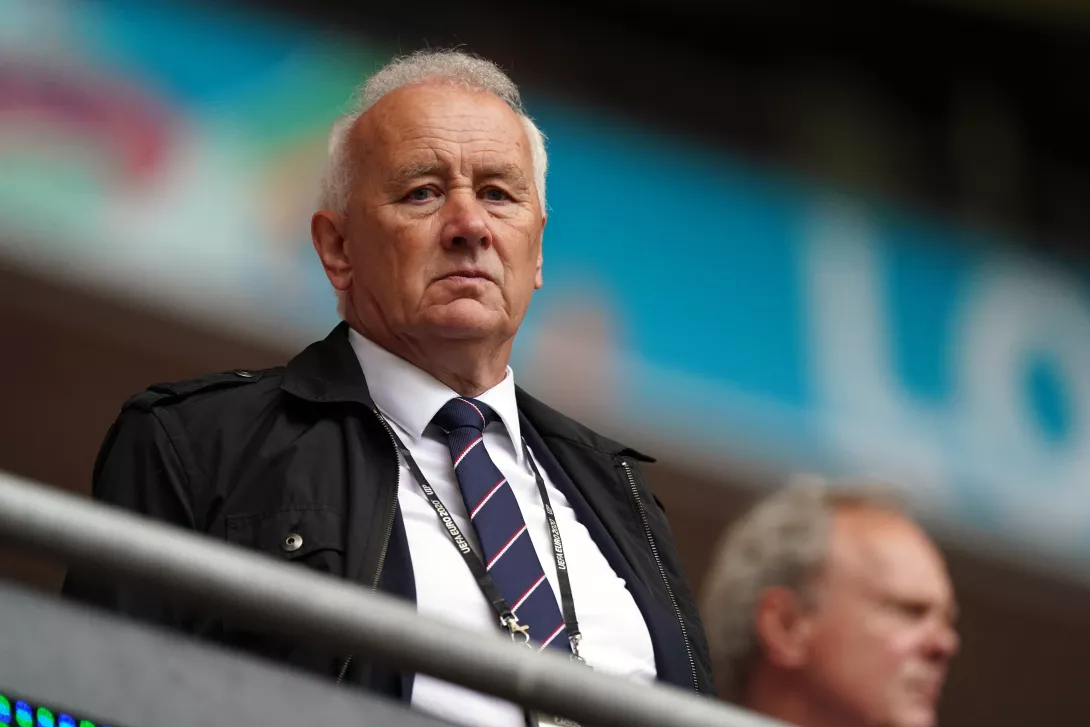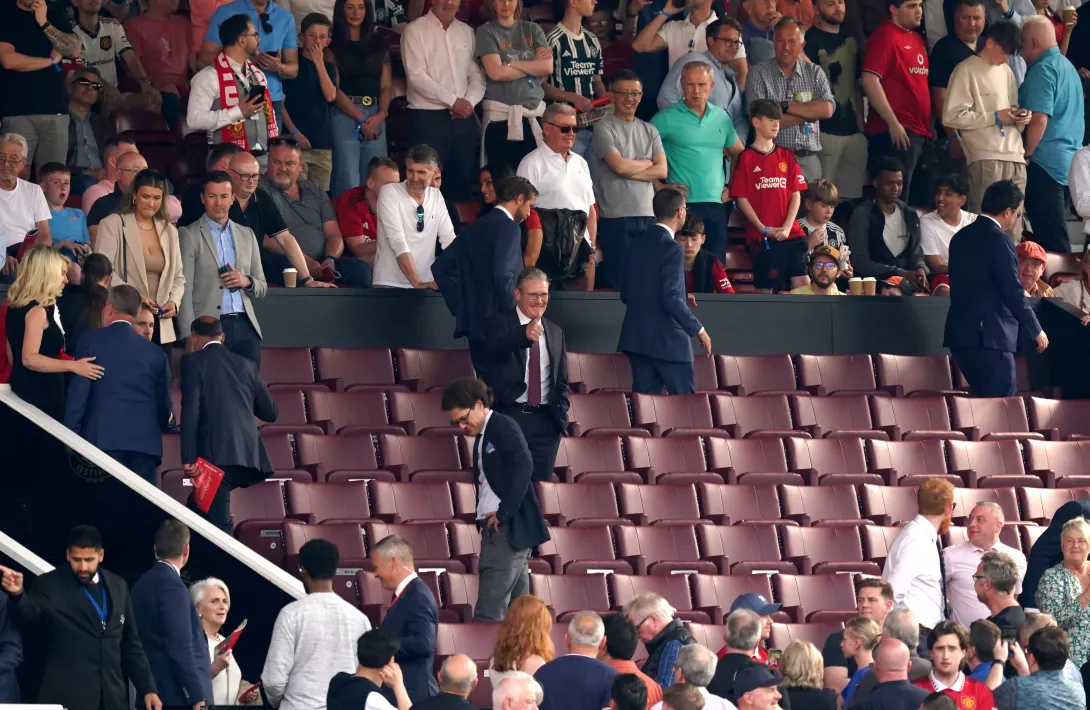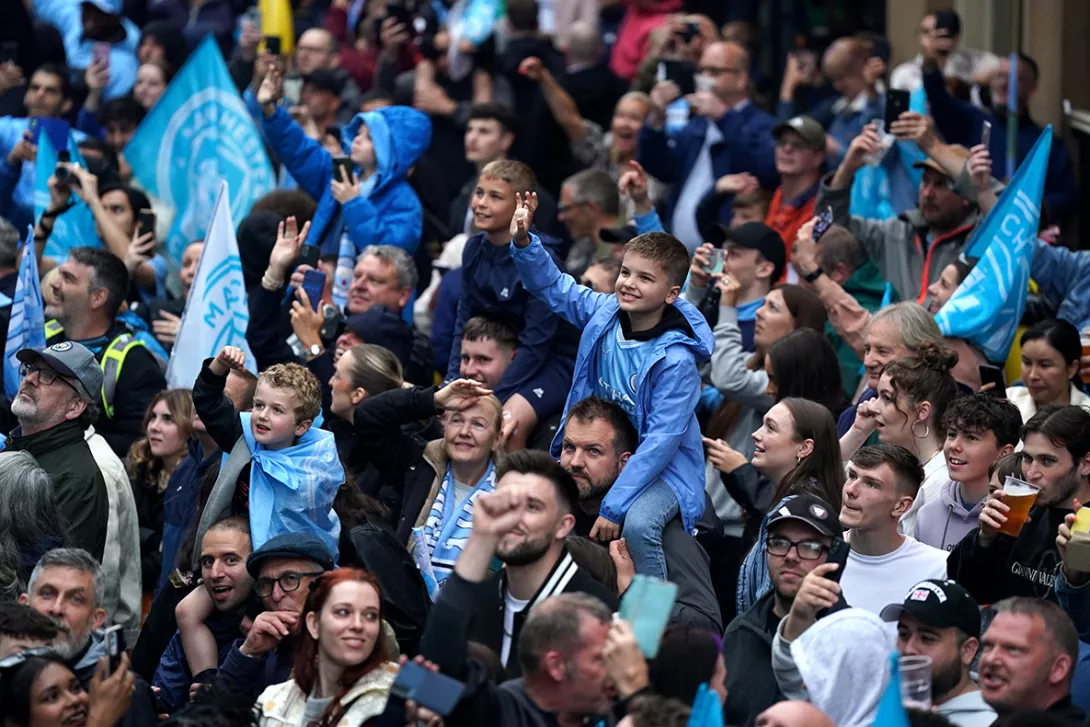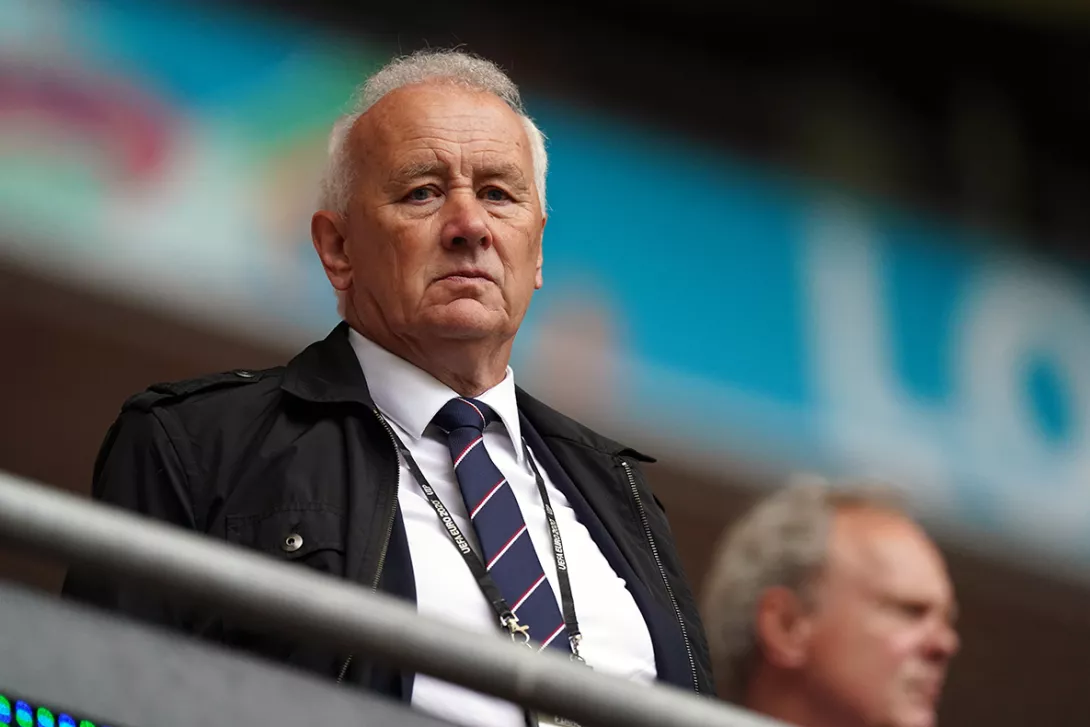Campaigners highlight the need for football to have ‘the right regulator’

CAMPAIGNERS say it will be “unacceptable” if football’s independent regulator does not have the power to revisit any deal struck between the Premier League and the EFL.
The EFL’s chairman Rick Parry told MPs last month that his organisation was prepared to do a deal with the Premier League but stressed that the “right solution” on financial distribution and cost controls would only be reached through independent analysis by the regulator once it was up and running.
However, EFL clubs are understood to have been told by Culture Secretary Lucy Frazer last week that the regulator will not have a mandate to review any deal that has been signed off, only “backstop powers” to arbitrate if no deal is agreed.
More from this author
Similar stories
















